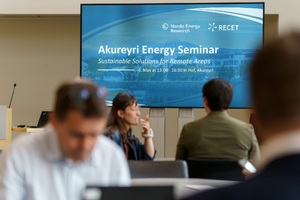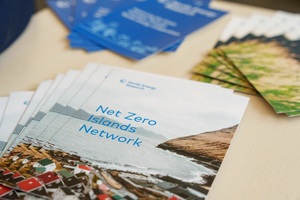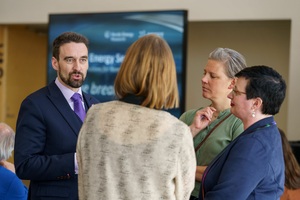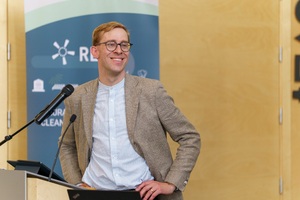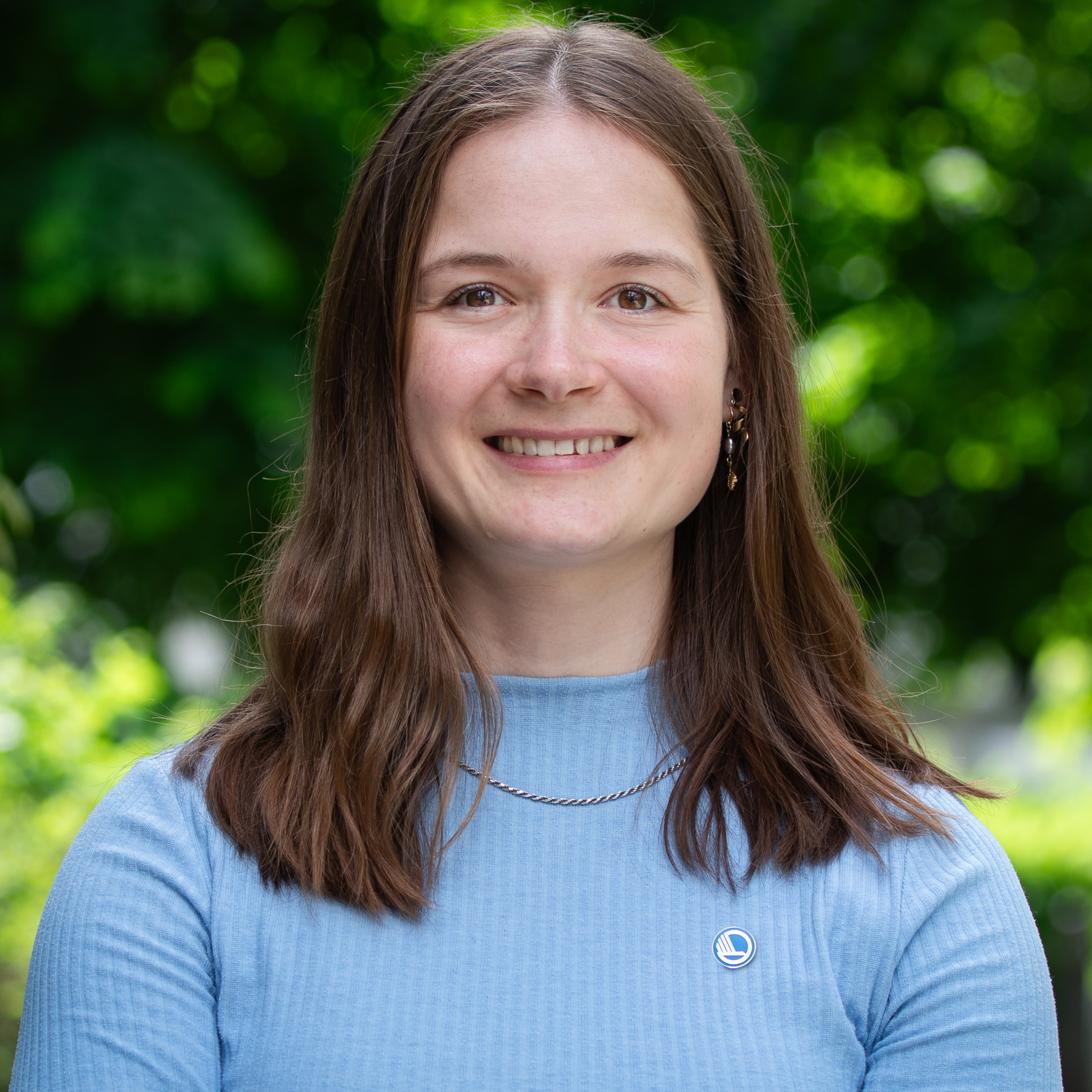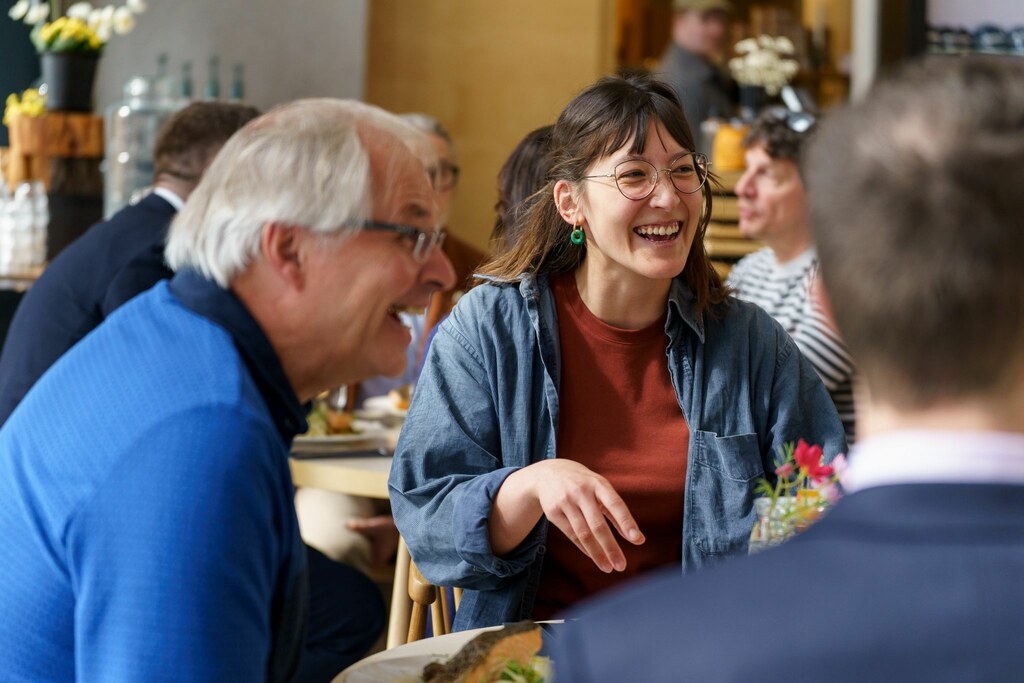
Green transport and energy security main discussion points in Iceland
In the beginning of May, the Net Zero Islands Network held a three-day seminar in Iceland’s second-largest city, Akureyri. In cooperation with the Icelandic Environment and Energy Agency, Eimur, Icelandic…
In the beginning of May, the Net Zero Islands Network held a three-day seminar in Iceland’s second-largest city, Akureyri. In cooperation with the Icelandic Environment and Energy Agency, Eimur, Icelandic New Energy, the RECET project, and Nordic Energy Research, the seminar aimed to share experiences and expertise on a sustainable energy transition of islands and remote areas in the Nordic region, Scotland, and Canada. The discussions put focus on two main topics:
- Green transport and energy security
- Sustainable energy plans, policies, and ownership frameworks
The Akureyri seminar provided an ideal setting for discussing these themes, reflecting the municipality’s strong commitment to encourage sustainable mobility through an aim towards free public transport, improved bike and walking lanes, and an extensive network of EV charging stations.
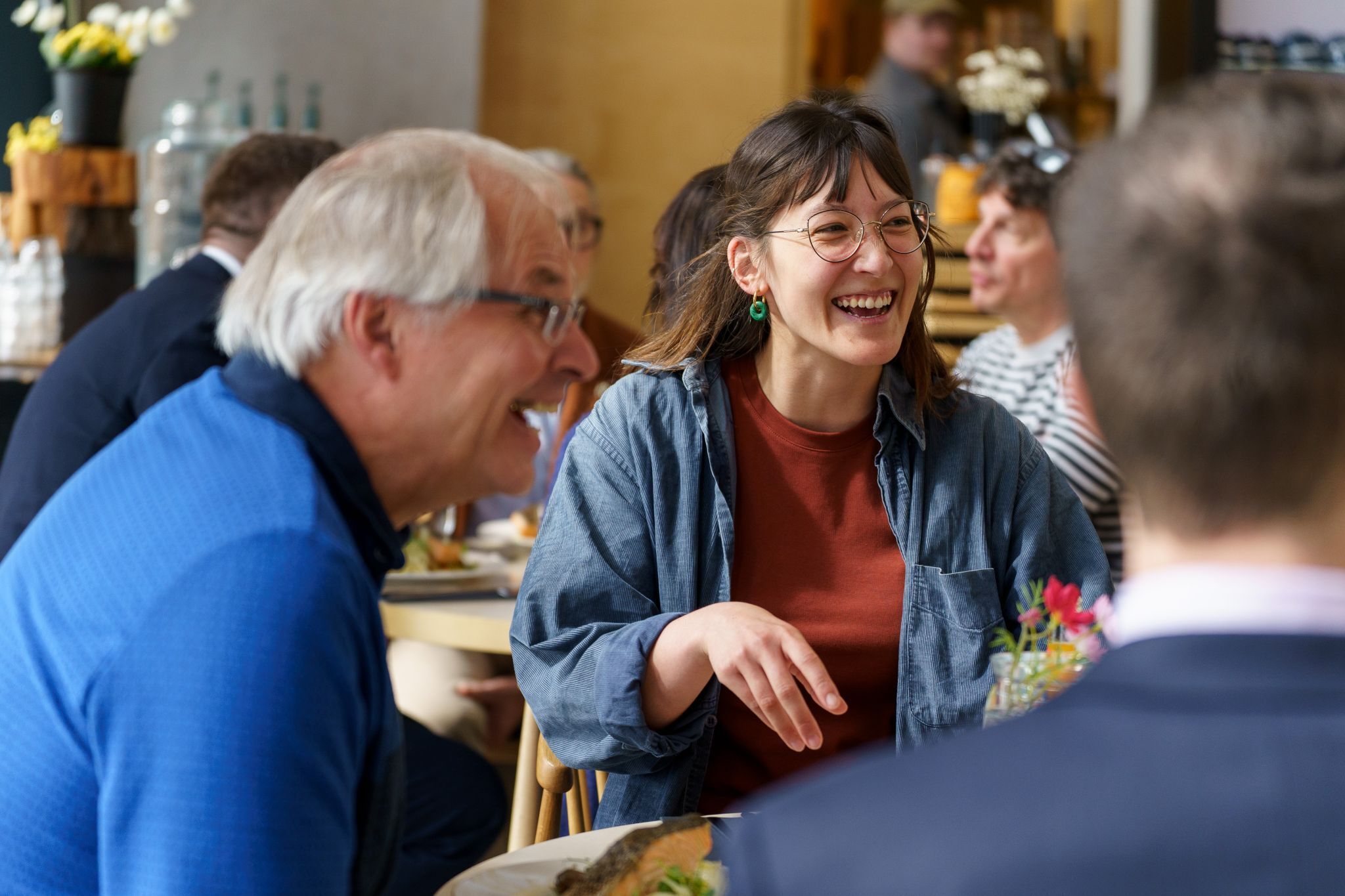
Common challenges in transitioning the transport sector
Despite the dedication to sustainable transportation, islands and remote areas still face several challenges in making the transport sector green. One of the primary challenges of today is the high dependency on fossil fuels on roads, at sea as well as in the air.
However, use of renewable sources can decrease the dependency on imported fossil fuels. This was addressed by Sigurður Friðleifsson, Head of Division, Department of Energy Transition and Circular Economy, Icelandic Environment and Energy Agency:
“Green transport changes our energy systems into being reliant on sustainable production and secure distribution,” said Friðleifsson.
During the seminar discussions, it was also made clear that the challenges of a green transition of the transport sector also present opportunities for further collaboration. The participants highlighted the importance of increased knowledge sharing on:
- Pilot projects, especially on fishing vessels and ferries
- Measures for behavioral change – how to make people choose the sustainable options over the unsustainable ones
- Infrastructure capacity development on power and e-fuels
- Low-hanging fruits such as energy efficiency measures
- The aspect of tourism – how to ensure that visitors choose the green mobility options rather than fossil fuel driven ones
“Sustainability is not a fixed destination”
A considerable amount of the European population live in rural areas, which underlines the necessity of working together to accelerate the green transition of such areas. Therefore, the seminar days in Akureyri included workshops and an open session for experts and representatives from remote areas to engage in dialogue on sustainable solutions from their points of view. Their discussions centred on how municipalities and local authorities can develop Sustainable Energy and Climate Action Plans (SECAP) that are owned and supported by the local community. The implementation of SECAPs should be based on interest and ripple effects, rather than on legal requirements solely.
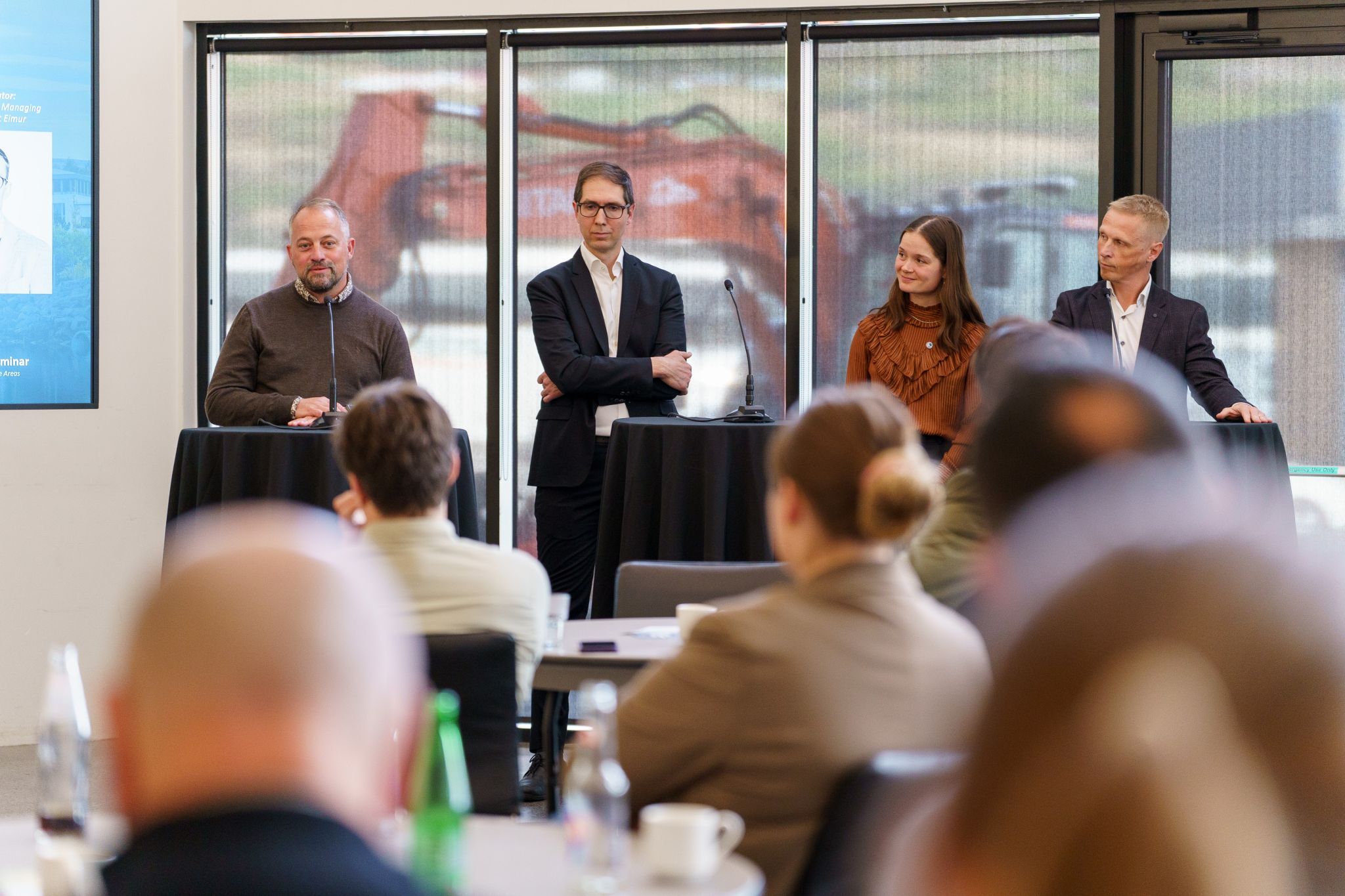
In addition, keynote speaker Gestur Pétursson, Director, Icelandic Environment and Energy Agency, highlighted the importance of collaboration across borders – not only between governments but also a variety of stakeholders dealing with the transition in practice. He also reasoned on the concepts of policy and sustainability:
“A policy is like a stool with three legs – environment, economy, and community. If one is missing, the whole thing collapses. And sustainability is not a fixed destination – it is a path we must walk deliberately,” said Pétursson.
The first 100% renewable energy island
The Danish island of Samsø is internationally recognised as a pioneer following their transition to sustainable energy sources. In 2007, Samsø achieved a net annual balance of 100% renewables, thereby becoming the first fully renewable energy island within 10 years.
The Samsø example was addressed by Alexis Chatzimprios, Project Manager and International Coordinator, Samsø Energy Academy.
“No matter how good a project looks on paper – from a technical, financial, or an environmental angle – it’s only as good as local stakeholders see it,” said Chatzimprios.
Daniel Gear, Co-founder, Equitable Energy Research C.I.C., echoed the importance of having the local communities involved in driving renewable energy projects. In his presentation, he showcased community ownership frameworks that can give legacy to the projects when they are in operation.
Yvonne Österlund, Senior Engineer at the Department of Infrastructure, Government of Åland, and Anna Månsson, Project Manager, Energy Agency Southern Sweden, demonstrated how a local government and municipality respectively have developed sustainable energy plans that have taken local resources and conditions into account. In Åland, the plans are guided by the motto “Everyone can flourish”, which has been recognised internationally by the UN.
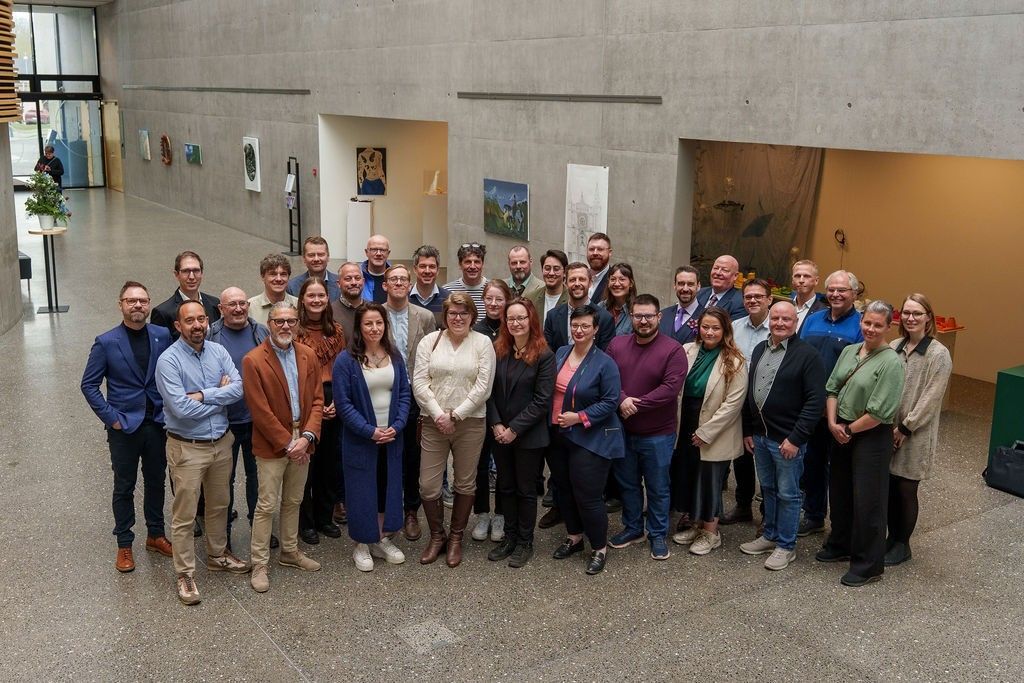
Nordic Energy Research would like to give a big thank you to our co-hosts and partners for the inspirational days in Akureyri. We look forward to following the development of renewable energy projects in remote areas, which are not just about technologies, but also about impacts on local communities and their wealth.
Photo credit: Sindri Swan

